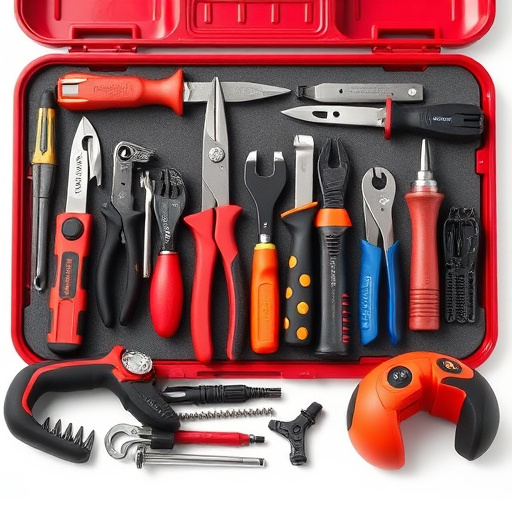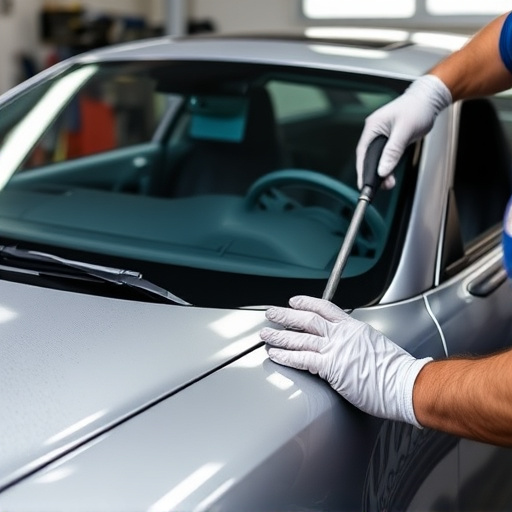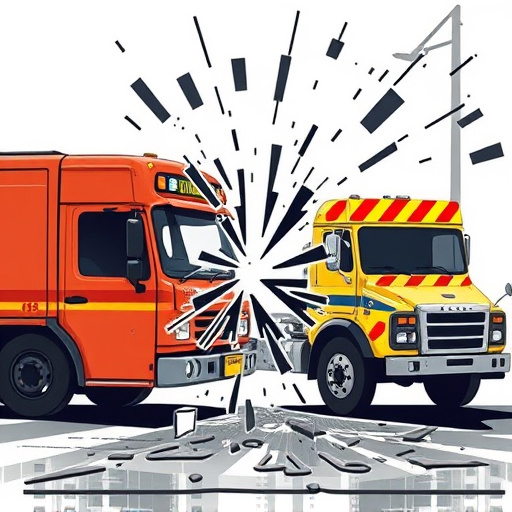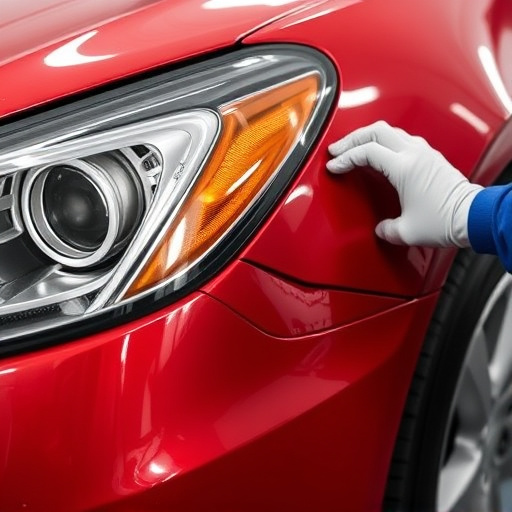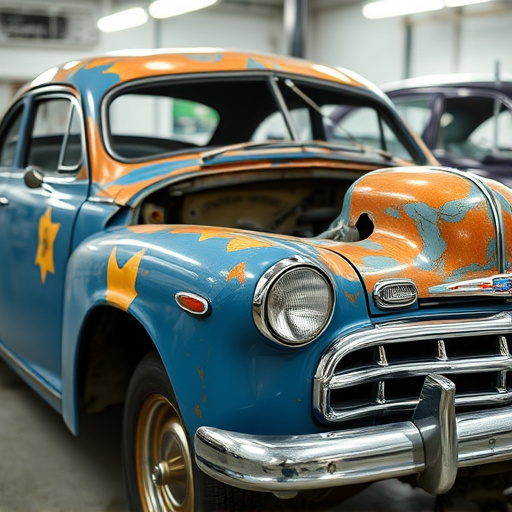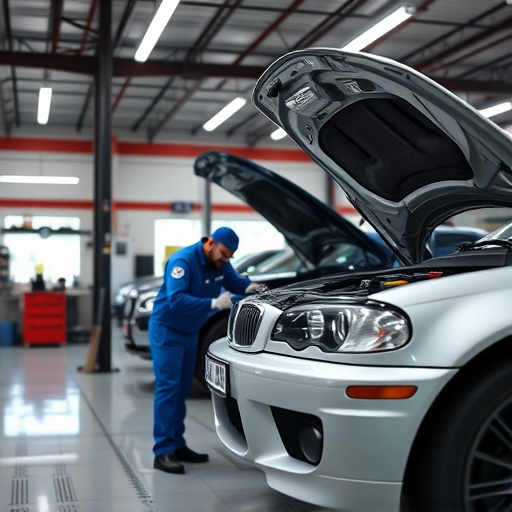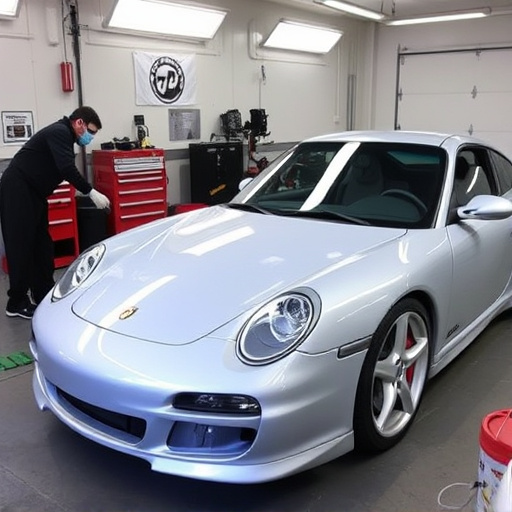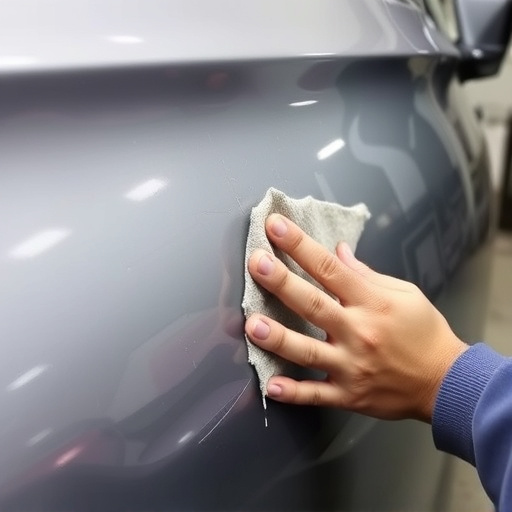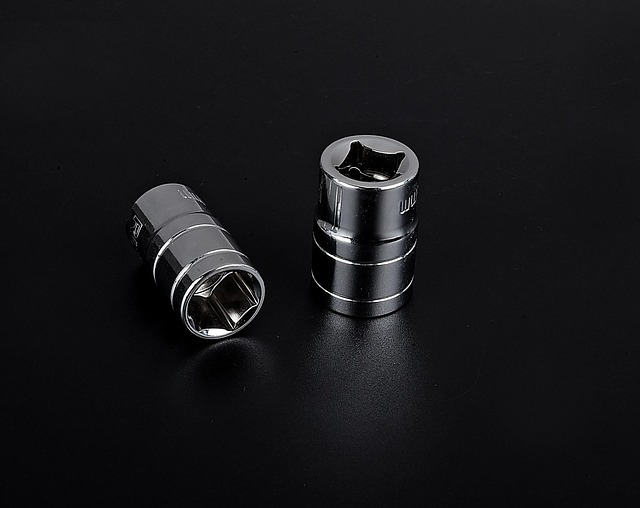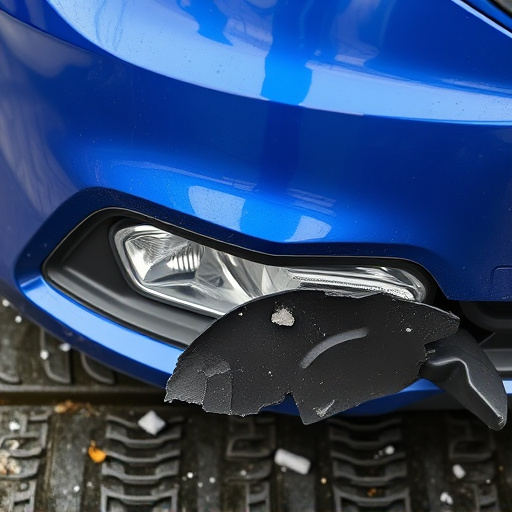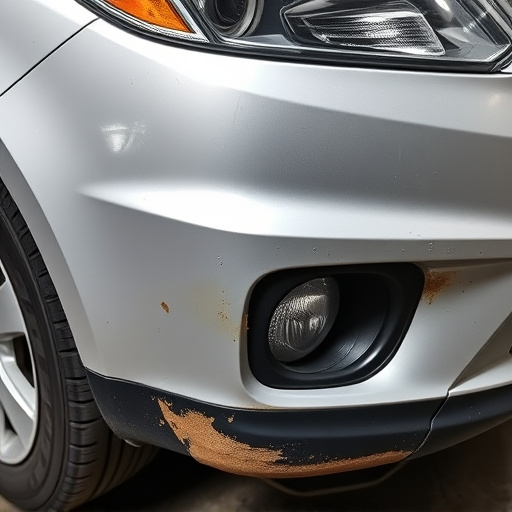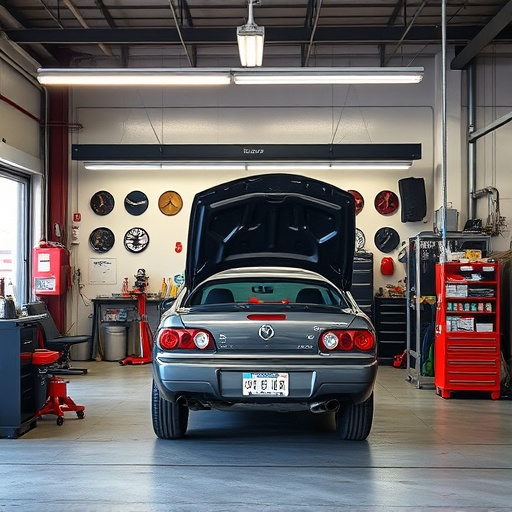Corrosion, accelerated by moisture, humidity, chemicals, and harsh weather, poses significant risks in structures, vehicles, and health. Corrosion protection procedures using techniques like painting, galvanization, or specialized coatings are vital for preventing structural failures, vehicle damage, and preserving aesthetics. Tools such as wire brushes, power wash systems, spray guns, and airless paint machines prepare and coat metal surfaces effectively. High-quality materials including epoxy resin, zinc-rich primer, and ceramic coatings provide multi-layered protection. Outdoor products shield against moisture, oxygen, while automotive enthusiasts use epoxy resins, polyurethanes, silicones for long-lasting auto body restoration, resisting chemicals, UV radiation, extreme temperatures.
In the realm of materials conservation, understanding and mitigating corrosion is paramount. This article explores the critical aspects of corrosion protection procedures, focusing on tools and materials that play a pivotal role in preserving structures and equipment. From the fundamentals of corrosion to the essential tools and common materials, we delve into effective strategies to safeguard against this pervasive process. By equipping yourself with this knowledge, you’ll be better equipped to navigate the world of corrosion protection.
- Understanding Corrosion: The Basics and Impact
- Essential Tools for Effective Corrosion Protection
- Common Materials Used in Anti-Corrosion Measures
Understanding Corrosion: The Basics and Impact
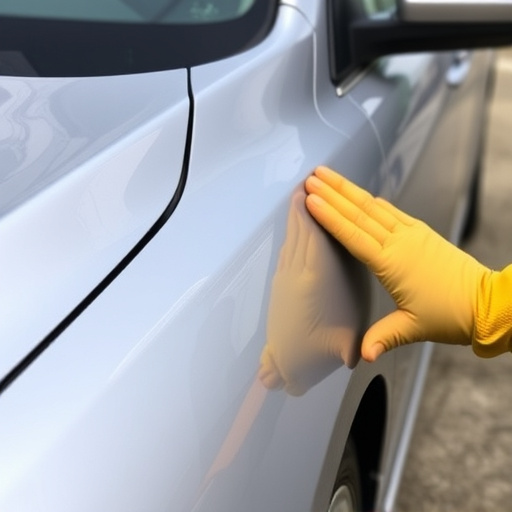
Corrosion is a natural process that occurs when certain materials, primarily metals, react with substances in their environment, leading to a degradation of their structure and strength. This deterioration can be accelerated by various factors such as moisture, humidity, chemicals, and exposure to harsh weather conditions. Understanding these basic principles is essential for implementing effective corrosion protection procedures. The impact of corrosion is far-reaching; it can cause structural failures in buildings and bridges, damage to vehicles, and even pose health risks in certain settings.
In the context of car paint services and body shop services, corrosion prevention is a top priority. For instance, when a vehicle undergoes a frame straightening process, ensuring the metal frame is properly treated and coated can significantly extend its lifespan. By employing various techniques like painting, galvanization, or the application of specialized coatings, professionals in these fields can create a protective barrier that shields the metal from corrosive elements, thus ensuring the longevity and aesthetic appeal of vehicles.
Essential Tools for Effective Corrosion Protection
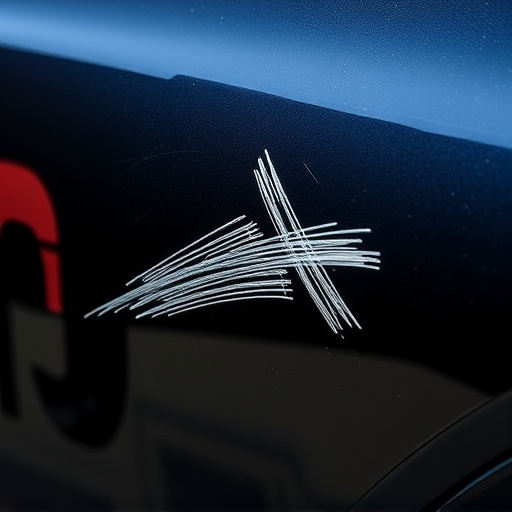
In the realm of corrosion protection procedures, several essential tools play a pivotal role in ensuring the longevity and integrity of various surfaces, from industrial equipment to automotive repair. Among these, wire brushes and power wash systems stand out for their ability to thoroughly clean and prepare metal surfaces before application of protective coatings. These tools help remove rust, dirt, and other contaminants, creating a smooth base that enhances the effectiveness of corrosion inhibitors.
Additionally, specialized spray guns and airless paint machines are indispensable in the car body shop and automotive repair sectors. These tools enable precise, even application of protective coatings like paint, undercoating, and sealers. The use of high-quality materials, such as epoxy resin, zinc-rich primer, and ceramic coatings, in conjunction with these tools, offers multi-layered protection against corrosion. This meticulous approach, involving both the right tools and premium materials, is crucial for maintaining the structural integrity and aesthetic appeal of vehicles through car paint services.
Common Materials Used in Anti-Corrosion Measures
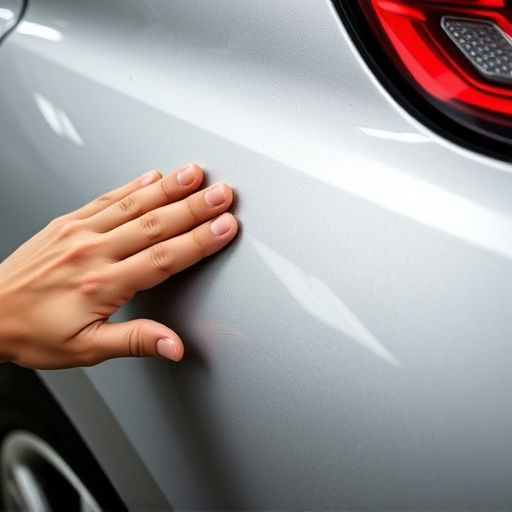
In the realm of corrosion protection procedures, a variety of materials are employed to safeguard against the detrimental effects of rust and decay. Among the most common are paints, coatings, and sealers designed specifically for outdoor applications. These products create a barrier between the metal surface and the corrosive elements in the environment, such as moisture and oxygen, effectively slowing down or preventing corrosion altogether.
For auto body repair and car damage repair enthusiasts, understanding these materials is crucial for achieving lasting results during auto body restoration processes. Materials like epoxy resins, polyurethanes, and silicones offer exceptional resistance to chemicals, UV radiation, and extreme temperatures, making them ideal for protecting automotive finishes. Their application requires precision and expertise, ensuring a seamless finish that not only enhances the vehicle’s aesthetics but also extends its lifespan, free from the nuisances of corrosion.
In conclusion, effective corrosion protection procedures demand a comprehensive understanding of both the process and the right tools and materials. By grasping the fundamentals of corrosion, professionals can employ essential tools and common anti-corrosion materials to safeguard structures and equipment, ensuring longevity and minimizing maintenance costs. These strategies are vital in diverse industries, from manufacturing to infrastructure development, where the prevention of metal degradation is paramount.
